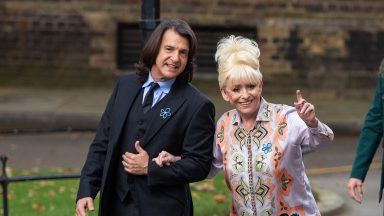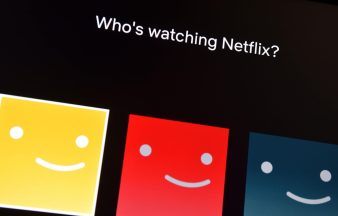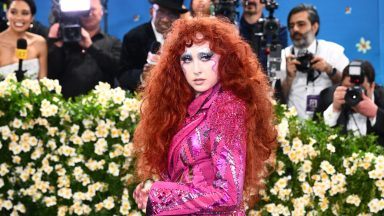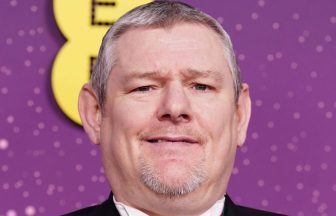The director-general of the BBC has said any consultation into its future funding should ensure the licence fee-paying public is “heard and seen” and outline a “clear set of principles” for the broadcaster.
Tim Davie told the Lords Communications and Digital Committee that the BBC’s senior team would be putting proposals forward in the coming weeks that address both “principles and consultation” central to the discussion.
Earlier this year, culture minister Nadine Dorries announced the corporation’s licence fee will be frozen for the next two years.
The minister said she wants to find a new funding model before the current deal expires in 2027 as it is “completely outdated”.
A review of the BBC’s funding model is expected to begin before the Commons summer recess.
Appearing before the Lords committee as part of its inquiry into the future funding of the BBC, Mr Davie was asked what set of principles any potential model should be based on.
He said: “One is principles … We believe we need a clear set of principles. The second is consultation because the people who should decide what happens to the BBC are obviously going to be elected officials, but we need to make sure the licence fee payer and the public are heard and seen.
“So, we’re going to put proposals forward in the coming weeks – in terms of principles and consultation.
“Because I just think you need to know, ‘What are the things that we need to look at when we’re looking at various options?’ We’re tuning those now.”
Mr Davie told the committee the consultation needed to ask whether a new funding model benefited the UK creative industries “economically, socially”.
He added: “This is an incredibly important sector. Does this drive growth? One of the things I find sometimes lacking in the debate is a proper analysis of the economic, societal benefits of what we’ve constructed in this country. It’s so valuable.”
Mr Davie pointed towards the role BBC journalists play in countries with less press freedom, such as Russia and China.
He added: “Is it fair for licence free payers? Is it a fair system? And no system is perfect. But is it as fair as we can get it? Does it offer great value? Is it a good deal?
“So we’ve got a few other things to think about. That wasn’t a finished list. We’re going to have a think about this.”
Speaking about the BBC’s remit, Mr Davie insisted the iPlayer is not “trying to replicate Netflix”.
He explained that while the BBC had “limited resources” in some areas, “we do think we’re in the game with regards to product services”.
“What I mean by that is iPlayer, (BBC) Sounds, those platforms, we have enough investment in my mind, we need to put more in and you’ll see in the last year and a half since I took over, hopefully you’ve seen those products.
“This has started with a huge amount of innovation over the last ten years. But we’re really doubling down on making sure we are in that game, and the way we’re delivering that, though, is slightly different.”
Mr Davie was joined by the BBC’s chairman Richard Sharp and its director of policy Clare Sumner.
Follow STV News on WhatsApp
Scan the QR code on your mobile device for all the latest news from around the country


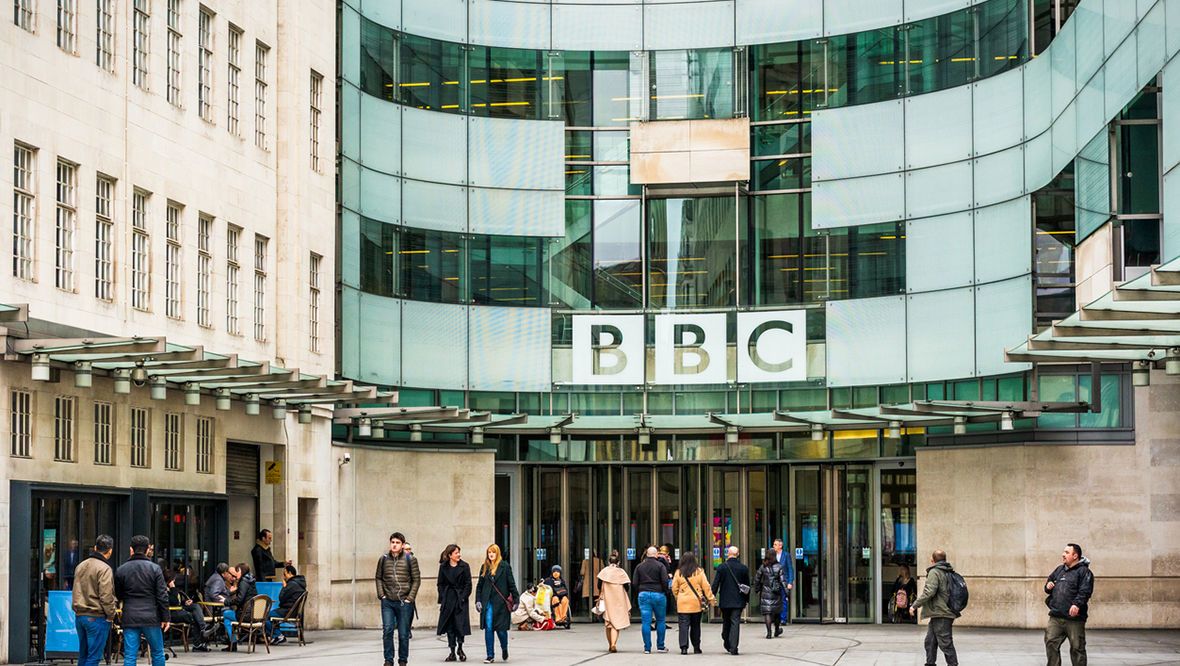 iStock
iStock















